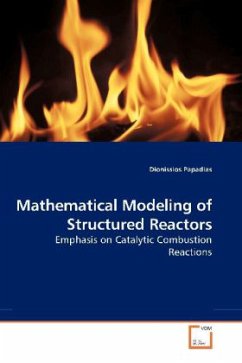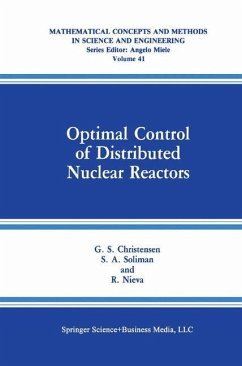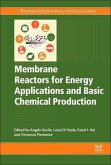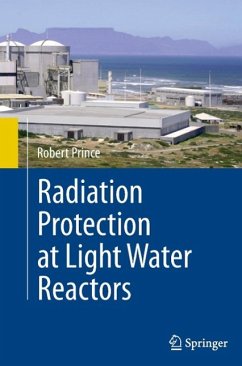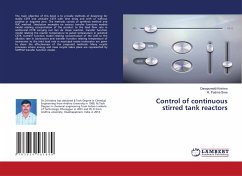A Challenging application for monolithic reactors that has attracted much consideration in the mid and late 90''s Is the development of high-temperature catalytic combustion for heat and power generation. This technology has the potential to be an alternative to ordinary flame combustion to convert chemical energy into heat or mechanical power with a minimum level of emissions from combustion by- products. In order to meet legislation requirements for environmental protection, continuous improvements of the catalytic reactors are necessary. Development work in these areas is increasingly supported by theoretical studies in form of mathematical modeling. This tool is indispensable in order to fully appreciate the complex interactions of physical and chemical phenomena affecting the behavior of catalytic reactors. Mathematical modeling is not only commonly used to improve design and optimize catalytic reactors on industrial scale, but is also fruitfully used to provide qualitative guidelines in the initial development of catalysts and experimental designs

